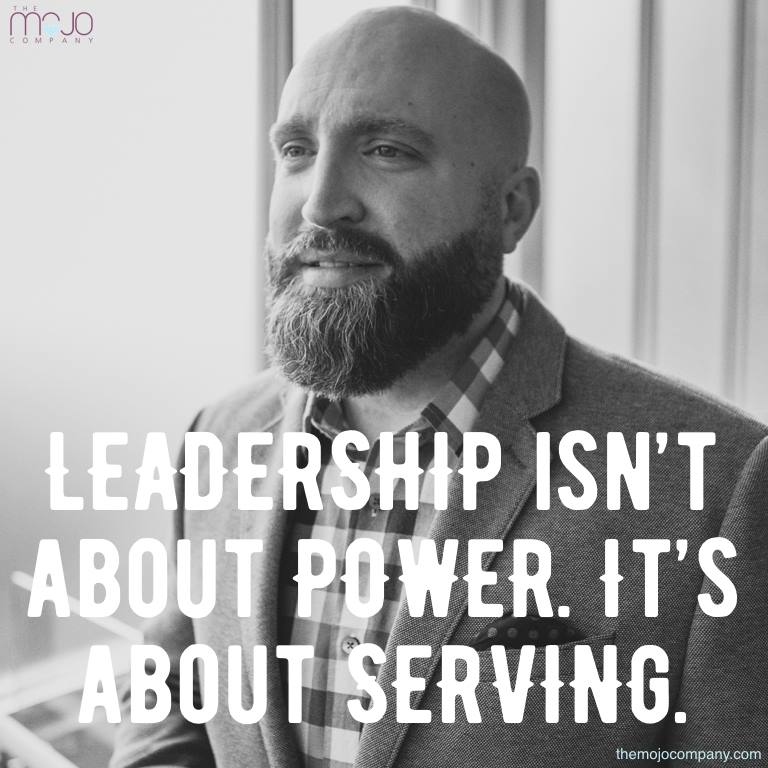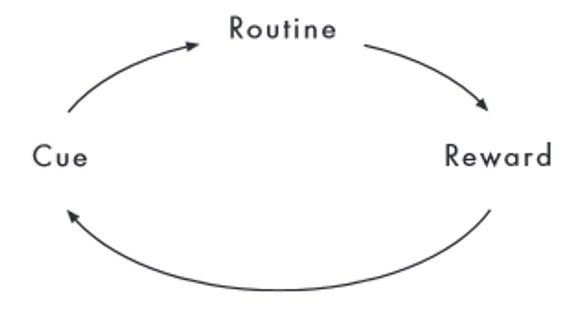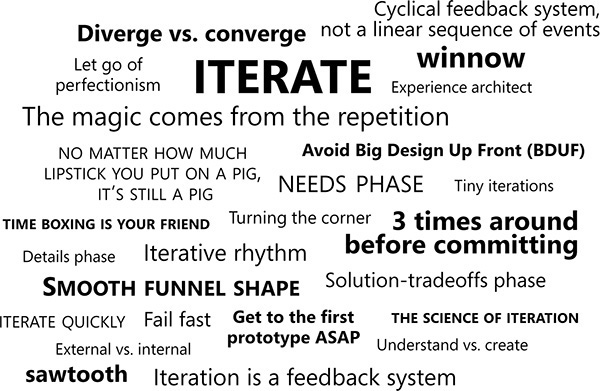Friday! You made it. Joy! Here are five of my favorite finds for you…
1) No-Pressure Valentine’s Day – Seriously no pressure! Valentine’s Day is one of those super emotionally-laden days (maybe more for women, but I’m sure it’s not easy for guys either).  I’ve always celebrated it, whether a man was involved or not, because of all the lovely stuff attached to it (cards, candy, dinner out, flowers, etc.). Never minded paying for those for myself or others. The best part is just being with people you love…whoever they are.
I’ve always celebrated it, whether a man was involved or not, because of all the lovely stuff attached to it (cards, candy, dinner out, flowers, etc.). Never minded paying for those for myself or others. The best part is just being with people you love…whoever they are.

This week I came across a super-silly video by the Merrell Twins. They are these two YouTube stars and are pretty cute. The video is about Valentine’s Day with boyfriend or without boyfriend. The best part actually is their #TwinTalk at the end of the video…wait for it.
YouTube Video – It’s Valentine’s Day Song – Merrell Twins
I’ve previously written about Valentine’s Day (here and here). In fact, please read those pieces…for a no-pressure day. Seriously.
2) Travel Hacks – We who have the money and means to travel either love it or hate it. I LOVE it. In fact, it’s been too long since my last international trip…so I’ve been drawn to travel stories and articles. Tim Ferriss hosted Ryan Holiday on a blog about his 21 Travel Rules. Having lived in several countries and traveled through many more, I agree with many of his rules. Check them all out. Some you may already know like packing light, eating healthy, and don’t over-schedule your trip. Other bits of advice from Holiday were quite new for me – like not reclining your seat on a plane (THANK YOU!). Also don’t depend on guidebooks – talk to people where you’re going about things to do and see. Another idea: Note places or experiences described in books you’ve read and enjoy them again on your trip. One last favorite hack: don’t talk and talk about your upcoming trip or plan and plan – just go! Read the rest here:
Photo Credit: We Are Travel Girls
How to Travel: 21 Contrarian Rules
How to Travel – Some Contrarian Advice (shorter version of above article)
…and “Can’t Stop the Feeling” goes global!
3) Prayer Habits – Prayer is probably the most impactful thing we can do in life – for ourselves and those we love. Developing a habit of prayer can start today. I’m not talking about some sort of rote activity or just saying words out into the room. Prayer is not delivering a wish list to some benevolent father figure. It is a conversation with the God of the universe who calls us to Himself. He infuses all our lives with his love and purpose. He also actually taught us how to pray (Matthew 6:9-13). Cliff Jordan of Movement Church spoke recently on how God Himself guides us to pray – listen here.
I learned the prayer Jesus taught his disciples when I was a child. It has been a comfort and primer for me ever since. Consider teaching your children to pray the Lord’s Prayer, and then guide them to grow up in a lifestyle of prayer…following your lead.
 Photo Credit: Faith Hope Love at Home; Courageous the Movie
Photo Credit: Faith Hope Love at Home; Courageous the Movie
Nick Aufenkamp writes about Martin Luther’s prayer patterns and offers a simple and sound approach to daily prayer:
- Seek first God’s rule and reign and righteousness in our lives (Matthew 6:33).
- Discipline our wandering minds.
- Build a fence so our prayers can run wild inside (through the structure of the Lord’s Prayer).
 Photo Credit: AZ Quotes
Photo Credit: AZ Quotes
Four Ways to Lead Our Children Toward Bravery – Jill Waggoner
4) First Signs of Spring – It’s happening! Spring is showing up again. No matter how many cold and snowy days this winter still produces before it gives in to Spring, we can see it coming!


5) Wordplay Giggles – So I didn’t know the word for it until this week, but some people have a knack for turning the meaning of a sentence to something hilarious. Winston Churchill was gifted at the use of something you’ve probably never heard defined but you’ve enjoyed the humor within it. A paraprosdokian is a figure of speech in which the latter part of a sentence or phrase is surprising or unexpected in a way that causes the reader or listener to re-frame or re-interpret the first part.
Here are a few of my favorites:
 Photo Credit: Frustrated Boomers
Photo Credit: Frustrated Boomers
- Evening news is where they begin with ‘Good evening’ and then proceed to tell you why it isn’t.
- Dolphins are so smart that within a few weeks of captivity, they can train people to stand on the very edge of the pool and throw them fish.
- A clear conscience is usually the sign of a bad memory.
- You do not need a parachute to skydive. You only need a parachute to skydive twice.
- Always borrow money from a pessimist. He won’t expect it back.
- A diplomat is someone who can tell you to go to hell in such a way that you will look forward to the trip.
- I used to be indecisive. Now I’m not sure.
- Before you criticize a man, walk a mile in his shoes. That way, you will be a mile away and he won’t have any shoes.
- “Time flies like an arrow; fruit flies like a banana.” — Groucho Marx
- “She got her good looks from her father; he’s a plastic surgeon.” — Groucho Marx
- Kittens play with yarn, they bat it around. What they’re really doing is saying, “I can’t knit, get this away from me!”
- I’m supposed to respect my elders, but it’s getting harder and harder for me to find one now.
- There’s a fine line between cuddling and holding someone down so they can’t get away. – Monty Pelerin
Steven Wright Quotes – Good Reads
Have a sweet weekend and a Happy Valentine’s Day. You are loved!













































